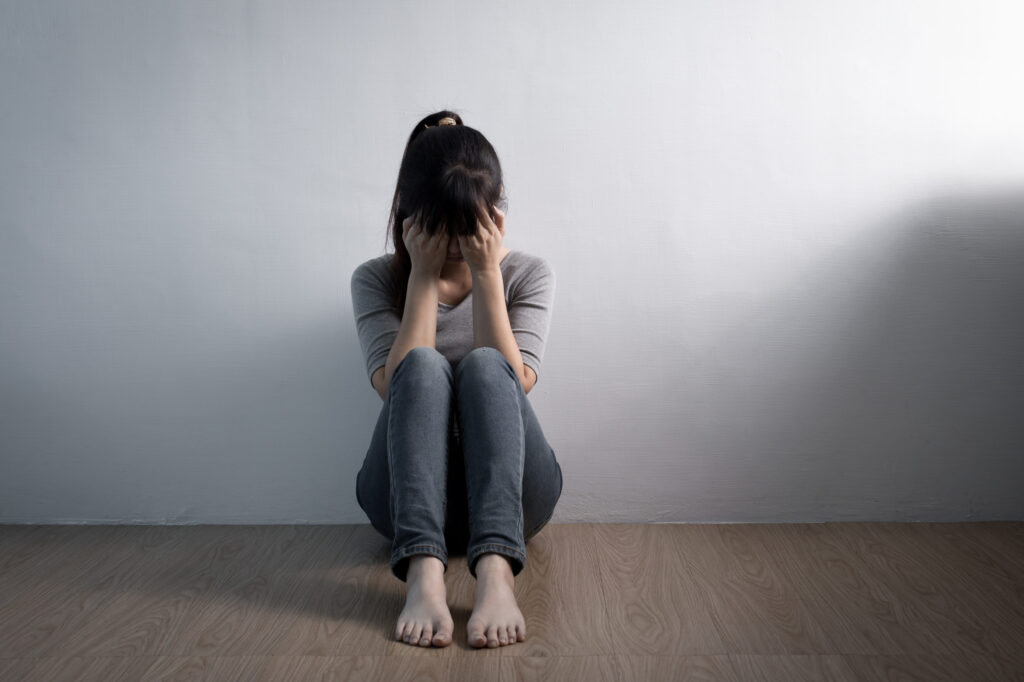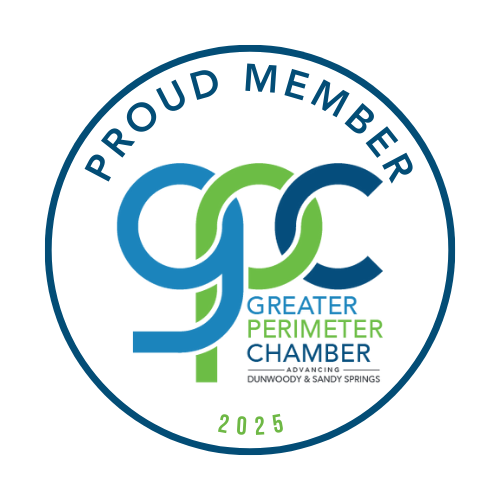Find the Best Drug and Alcohol Rehab in Atlanta

Addiction is a complex and challenging issue affecting millions of people worldwide. Whether it is drugs or alcohol, addiction can devastate individuals and their loved ones. Recognizing the need for professional help is the first step toward recovery. In Atlanta, a city known for its vibrant culture and diverse population, several premier drug and alcohol […]
The Brain’s Battle: How Does Addiction Impact the Thought Process?

In the intricate labyrinth of the human brain, a battle ensues that has far-reaching consequences for those caught in its grip – drug addiction. This fascinating and often devastating phenomenon has captured the attention of scientists, psychologists, and society alike. As the brain’s intricate neural pathways become entangled in the clutches of addictive substances, a […]
Life After Drug Rehab: Overcoming Challenges and Celebrating Victories

For those who have successfully completed drug rehab, the journey towards recovery is far from over. In fact, life after rehab can be filled with a whole new set of challenges and obstacles to overcome. The road to a healthier and happier life can be challenging but ultimately rewarding, from rebuilding relationships with loved ones […]
Balancing Work and Sobriety: Tips for Successfully Working While in Drug Rehab

Have you wondered if you can go to rehab and still work? Finding balance can be a daunting task, especially for those who are in drug rehab. Trying to juggle work demands while also focusing on your recovery can be challenging, but it’s not impossible. You can successfully navigate this delicate balancing act with the […]
What You Should Know About Addiction

Drug addiction is a growing problem in today’s world. With the rise of new drugs and substances, it is easy to fall into the trap of addiction. Addiction not only affects the individual but also the people around them. The effects of addiction are devastating, and it is essential to understand the accurate scale of […]
Don’t Stop At Rehab; Here Are 5 Things You Need To Do For A Successful Addiction Recovery

Recovering from addiction is a challenging process requiring much effort, patience, and dedication. Addiction is a chronic disease affecting the brain and behavior, making quitting difficult without professional help. Completing a rehab program is a great accomplishment, but it’s the first step toward a sober life. Aftercare is crucial to ensure that you maintain your […]
The Basics of Addiction and How to Overcome It

Whether you’re struggling with addiction yourself or supporting a loved one who is, understanding the road to recovery is essential. At Atlanta Recovery Place, our clients work to recover what was lost through addiction and build strong and supportive relationships that promote healing and sobriety. Learn more about the basics of addiction counseling with our […]
Why You Shouldn’t Give Up On Your Loved One: How to Help a Loved One With Addiction

Addiction is a severe problem that affects millions of people worldwide. It is a disease that can significantly impact not only the individual but their loved ones. Watching a loved one struggle with addiction can be challenging. However, it’s essential to understand that addiction is a disease, not a choice. With the proper support, recovery […]
How to Find Outpatient Dual Diagnosis Treatment Near Chattanooga, Tennessee

If you or someone you know is struggling with substance abuse and a co-occurring mental health disorder, seeking professional help is crucial. Dual diagnosis treatment is designed to address both addiction and mental health issues simultaneously, providing a comprehensive approach to recovery. However, finding the proper outpatient dual diagnosis treatment near Chattanooga, TN, can be […]
Are There Outpatient Treatment Centers For Meth Addiction?

Methamphetamine, commonly known as meth, is a highly addictive drug that can cause severe physical and psychological damage. Meth addiction can be hard to overcome, but various treatment options are available to help individuals recover from it. One such option is outpatient treatment. Outpatient treatment centers provide flexible care options for individuals who want to […]






